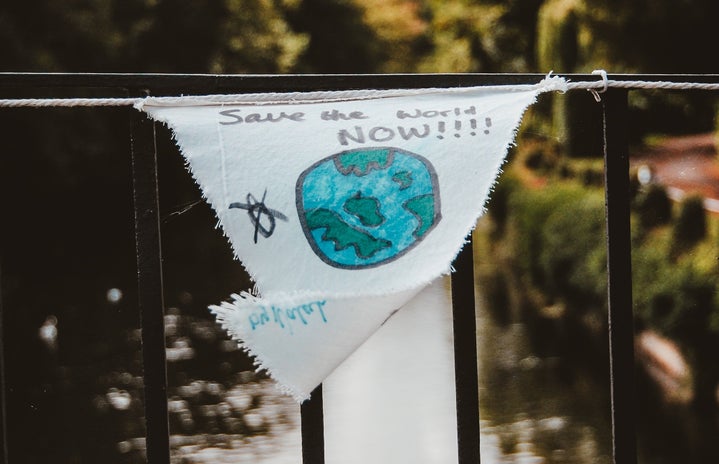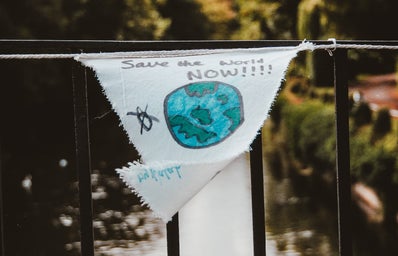In response to growing knowledge of harmful ingredients in sunscreen, the Key West City Commission in Florida voted to pass a ban on sunscreens containing oxybenzone and octinoxate.
A 2016 study showed that the ingredient oxybenzone in sunscreen “poses a hazard to coral reef conservation and threatens the resiliency of coral reefs to climate change’’ (Miami Herald). The science further showed that the ingredients absorb nutrients from coral that lead to their destruction. The council voted unanimously 7-0 in favor of banning the sale of sunscreens with said ingredients.
Close to 100 community members were in attendance at the commission debate both for and against the ban. Many of the environmental and marine activists saw the ban as a positive move to protect, even in small part, the threatened, fragile coral reef ecosystem. City Commissioner Jimmy Weekley, a sponsor of the proposal, spoke about the importance of doing a part to act against the disappearance of the remaining percentages of the reef. He stated that although global warming may be one of the larger, more significant factors to reef destruction, it was still worthwhile.
“This may be our last shot. It’s not the major cause of the loss of our reef,” said Weekley. “But this is one reason we can do something about. We can take a step to eliminate those chemicals going into our water.”
There were some, however, who saw the ban as detrimental to the health of the residents of Key West. One dermatologist, Dr. Andy Weinstein, argued “There’s no question that the skin cancer rates would increase in those who don’t have access to these sunscreens…there will be fewer people using sunscreen in Key West. You’re going to have some finite increase in the rate of skin cancer.” Though voting to pass the ban, Commissioner Greg Davila shared similar concerns, saying, “We will definitely be limiting our residents to the best sunscreens available. The downside of passing this is cancer.”
Courtesy: WLRN
However, many refuted such claims stating that there are environmentally friendly, effective sunscreens available for public use made without oxybenzone or octinoxate. While many dermatologists are concerned about a rise in skin cancer rates, researchers have said that sunscreen products containing zinc oxide do the trick to block out the sun’s ultraviolet rays while in the water. It was also noted that residents could still purchase sunscreens containing the two ingredients with a prescription from a doctor.
Weekley recognized the worry of those such as dermatologists, offering that there are ways around the chemicals, but no way around protecting the reef. “They have alternatives to these two chemicals,” said Weekley. “This is to me something we need to do in this community to protect our economy. What if we don’t pass this and three to five years down the road we have no reef?”
There is still another vote scheduled for Feb. 5 before the ban can be made into law. If passed, the law would not be effective for another year to allow time for a phase-out of sunscreens containing the two ingredients. In 2018, Hawaii was the first state in the country to ban sunscreen containing oxybenzone and octinoxate, putting the ban into effect on Jan. 1, 2021. If this law passes, Key West will be joining Hawaii in doing their part to keep the coral reefs safe before it’s too late.



